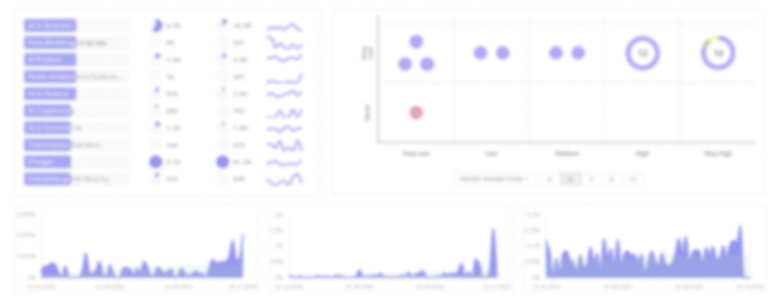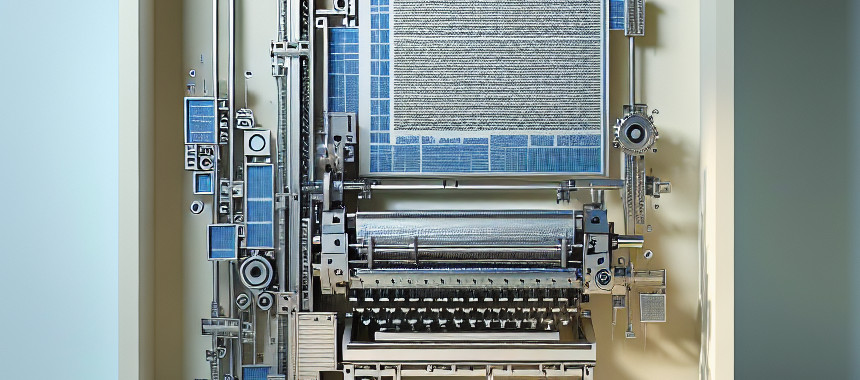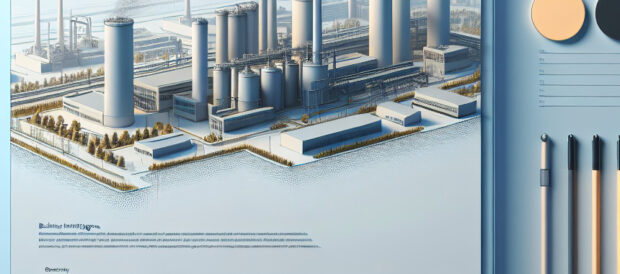
Defense Manufacturing Report
: Analysis on the Market, Trends, and TechnologiesThe defense manufacturing sector is shifting from legacy mass production toward agile, digitally enabled production: the internal data records a 2023 market size of USD 9.8 billion for tank and armored vehicle manufacturing, underscoring concentrated demand in ground platforms while news and market analyses point to broad spending increases across air, sea, and munitions lines. Immediate commercial opportunities lie where three forces converge: (1) on-demand production enabled by additive manufacturing, (2) digital threads that secure design and production data, and (3) programs that fund domestic surge capacity and supply-chain reconfiguration.
We updated this report 83 days ago. Noticed something’s off? Let’s make it right together — reach out!
Topic Dominance Index of Defense Manufacturing
The Topic Dominance Index trendline combines the share of voice distributions of Defense Manufacturing from 3 data sources: published articles, founded companies, and global search
Key Activities and Applications
- Additive manufacturing for low-volume, high-complexity parts: powder bed fusion and metal LPBF for structural and flight-critical components, enabling field repair and digital inventory strategies.
- Precision multi-axis CNC and specialized forging: high-tolerance machining and forgings for armor, drive trains, and turrets remain core activities for platform integrity and certification.
- Secure, distributed production (digital thread): encrypted transmission and on-site print control to protect IP while enabling remote manufacture at bases or partner sites.
- Materials and armor development: polymer-matrix composites, ultra-hard armors and metallic powder advances to reduce weight and increase survivability on modern platforms.
- Logistics sustainment and surge production readiness: base-level AM, autonomous resupply vehicles and inventory digitization to shorten logistics chains and reduce dependency on long lead-time suppliers.
Emergent Trends and Core Insights
- Rapid growth of defense additive budgets and programs: U.S. DoD and service AM centers prioritize flight-critical and sustainment applications; commercial studies estimate direct DoD AM spend rising sharply through 2030 United States Additive Manufacturing for Military and Defense: Market Analysis and Forecast.
- AI and data investments reshaping production and sustainment: notable uplifts in defense AI allocations accelerate predictive maintenance, process control, and digital twin deployment—this shifts value from raw capacity to digitally enabled throughput and uptime Deloitte Insights Forbes: Why The Defense Industry Outlook Is So Strong.
- Near-sourcing and friend-shoring as policy drivers: governments fund domestic and allied production to reduce single-source risk for critical subcomponents (semiconductors, titanium sponge, energetic materials), raising demand for localized capacity expansion and qualification services MarketsandMarkets: Global Defense Industry Outlook.
- Field-deployed manufacturing and sustainment: expeditionary AM and validated shipboard/forward stations reduce time-to-repair and spare-part logistics burden, shifting procurement models from large stockpiles to distributed digital inventories.
- Market consolidation around platform providers with digital + materials capability: primes and specialist vendors acquire digital services, machine OEMs, or material suppliers to shorten certification timelines and secure supply chains Global Military Aircraft & Aerospace Manufacturing - Industry Market Research Report.
Technologies and Methodologies
- Powder bed fusion and qualified LPBF systems for metals: prioritized for structural parts and short-run production of mission-critical components; OEMs emphasize process control and in-situ monitoring to meet certification Additive Manufacturing in Military and Defense 2024.
- Hybrid manufacturing (additive + subtractive) and multi-process cells: combined platforms enable final-geometry accuracy and faster qualification, reducing hand-offs between suppliers.
- Digital twin, MES/PLM integration, and secure digital thread: full lifecycle traceability from design to deployed part, with cryptographic controls for file transmission and machine-level enforcement.
- Materials engineering for lightweight, high-temperature, and ballistic applications: polymer-matrix composites, high-strength steels, titanium and reactive alloys processed via AM or advanced forging to meet platform requirements Germany Aerospace And Defense Market Size & Share Analysis Weldaloy Specialty Forgings.
- Qualification and supply-chain validation methodologies: accelerated certification pathways (service AM centers, standards alignment, GOCO/COCO strategies) and auditable build records to shorten time to field Reviving the Arsenal of Democracy: Steps for Surging Defense Industrial Capacity.
Defense Manufacturing Funding
A total of 76 Defense Manufacturing companies have received funding.
Overall, Defense Manufacturing companies have raised $3.4B.
Companies within the Defense Manufacturing domain have secured capital from 210 funding rounds.
The chart shows the funding trendline of Defense Manufacturing companies over the last 5 years
Defense Manufacturing Companies
- Precision ADM — Precision ADM integrates additive and subtractive manufacturing under an Advanced Digital Manufacturing approach to deliver metal and polymer parts for aerospace and defense, emphasizing end-to-end process support from design to finishing; its model suits low-volume, high-qualification defense work and rapid prototyping for aircraft components.
- DEFEND3D — DEFEND3D provides an encrypted, one-click remote printing workflow that enforces machine settings and produces a complete audit trail, enabling secure distributed manufacture of classified parts without file transfer; the product directly addresses IP and cybersecurity risks in digital supply chains.
- Paradigm 3D — Paradigm 3D operates an EASA Part 21G–certified additive facility in the Middle East offering industrial metal 3D printing and digital warehousing for spare parts; their certification focus targets aerospace and defense customers needing qualified, local manufacturing capacity.
- Precision Additive — Precision Additive builds LPBF machines designed for high-assurance defense and space components, claiming process controls and validation tools that target reactive materials and qualification challenges; the OEM approach addresses the supply bottleneck for certified printers and controlled process data.
- NEOMARG — NEOMARG operates an IP-protected contract manufacturing and MaaS platform focused on engineering components sourced from vetted suppliers; the platform model supports defense firms seeking cost-competitive, audited manufacturing with IP protections for offshore/onshore execution.
Gain a better understanding of 699 companies that drive Defense Manufacturing, how mature and well-funded these companies are.
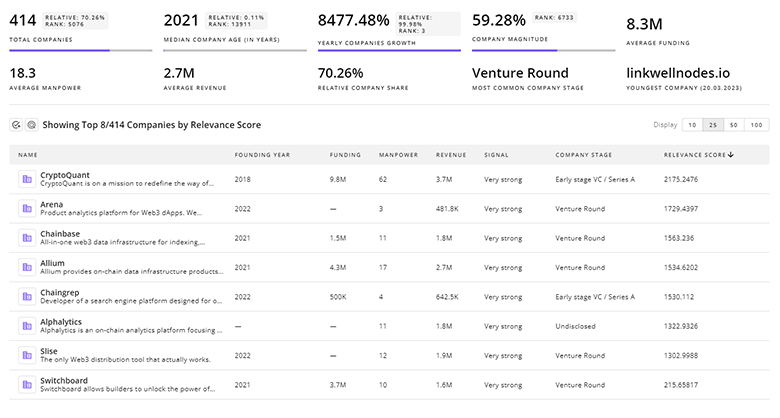
699 Defense Manufacturing Companies
Discover Defense Manufacturing Companies, their Funding, Manpower, Revenues, Stages, and much more
Defense Manufacturing Investors
Gain insights into 269 Defense Manufacturing investors and investment deals. TrendFeedr’s investors tool presents an overview of investment trends and activities, helping create better investment strategies and partnerships.
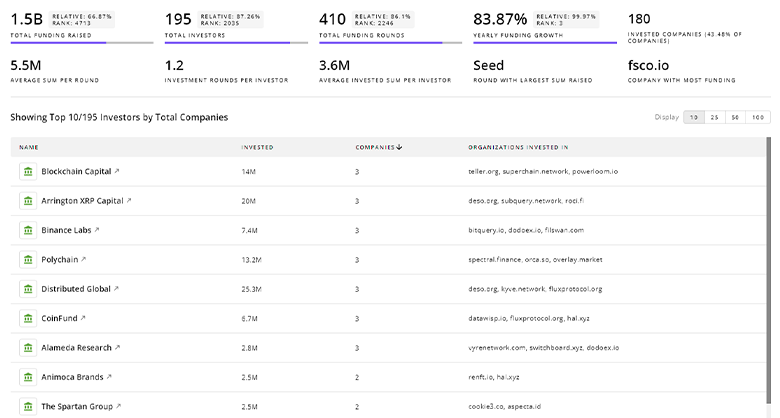
269 Defense Manufacturing Investors
Discover Defense Manufacturing Investors, Funding Rounds, Invested Amounts, and Funding Growth
Defense Manufacturing News
Gain a competitive advantage with access to 796 Defense Manufacturing articles with TrendFeedr's News feature. The tool offers an extensive database of articles covering recent trends and past events in Defense Manufacturing. This enables innovators and market leaders to make well-informed fact-based decisions.
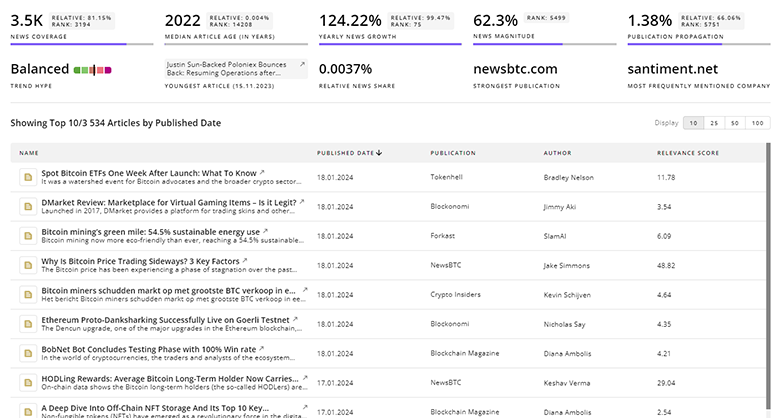
796 Defense Manufacturing News Articles
Discover Latest Defense Manufacturing Articles, News Magnitude, Publication Propagation, Yearly Growth, and Strongest Publications
Executive Summary
Defense manufacturing is moving from capacity-only competition to capability-and-assurance competition. Growth will favor entities that combine qualified production (AM and precision machining), verified material provenance, and secured digital workflows that shorten qualification times and enable distributed sustainment. Policymakers and procurement leaders must align funding instruments to reward sustained slack capacity, partner-level qualification, and interoperable digital threads. For industry players, the pragmatic path is to pair niche technical differentiation (materials, machine control, secure data transmission) with the operational rigor necessary to pass defense certification and supply-chain audits. This combination will determine who wins long-term defense contracts and who becomes a partner in future surge and sustainment programs.
We seek partnerships with industry experts to deliver actionable insights into trends and tech. Interested? Let us know!
